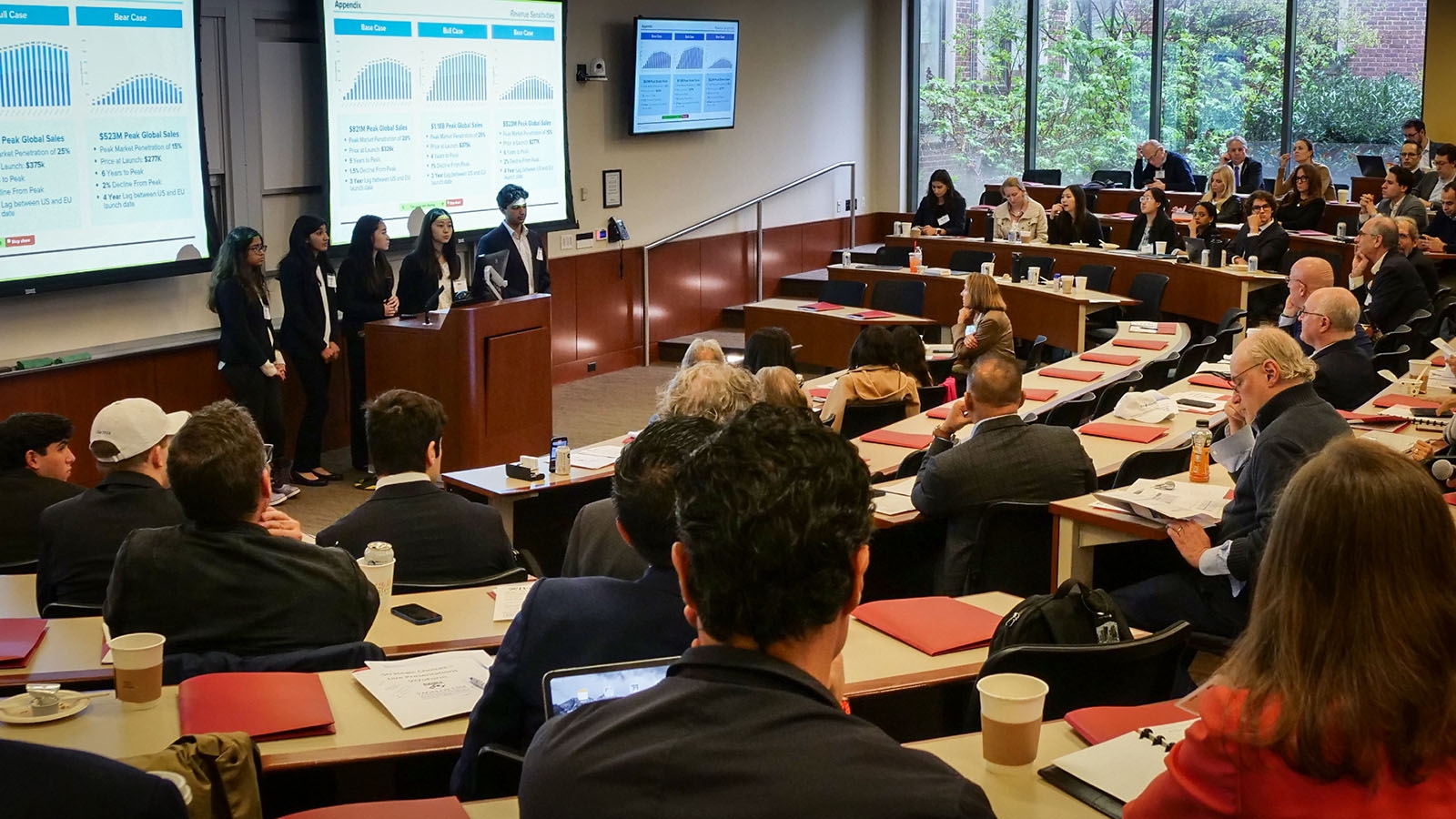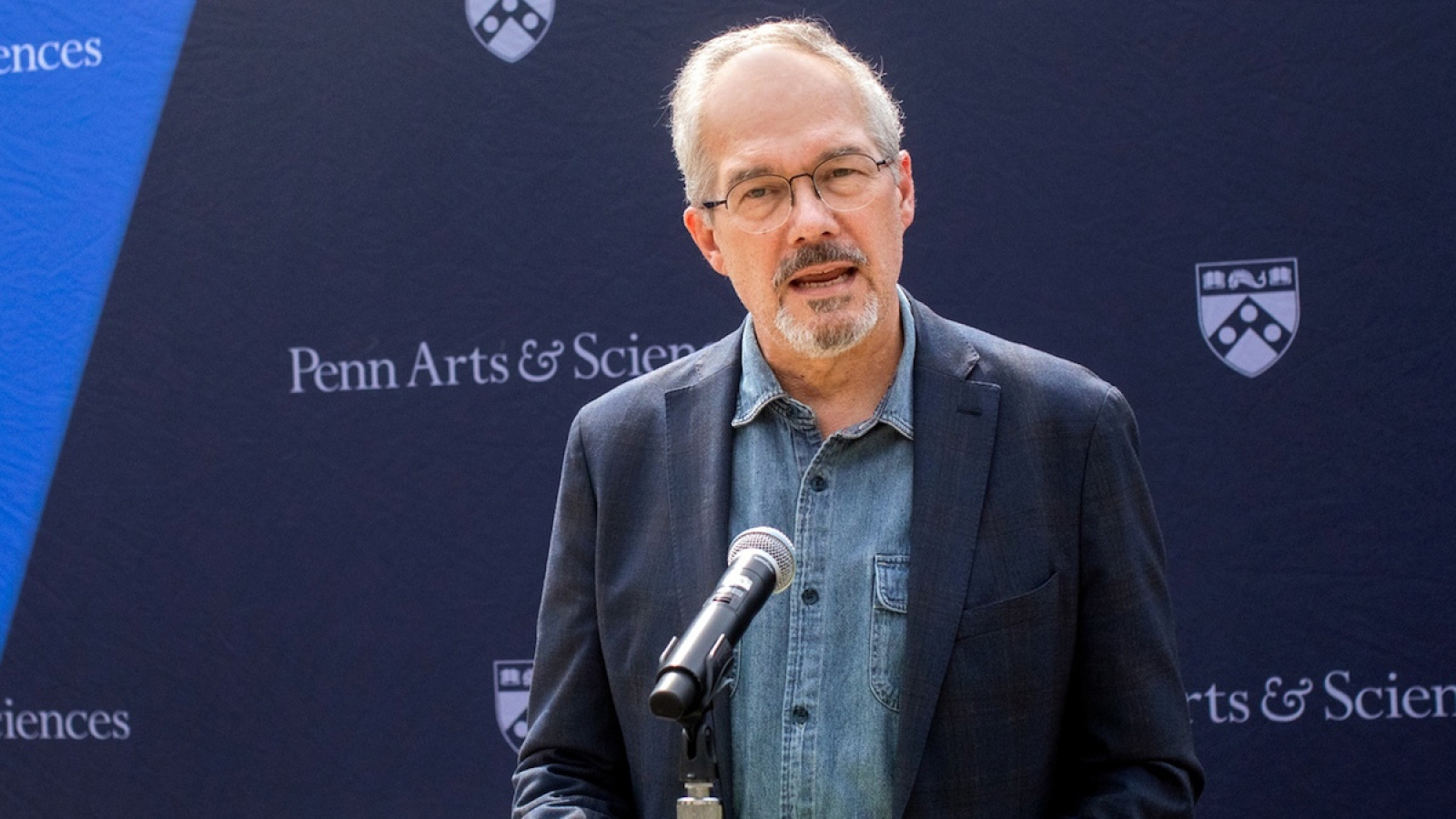To Alain Plante, Associate Professor of Earth and Environmental Science, soil isn’t just the ground under our feet. For starters, it’s a repository containing three times more carbon than the atmosphere and five times more than all the earth’s plant matter. Plante applies biogeochemistry to the study of soil to better understand the delicate balance of the carbon cycle—an interaction of processes like photosynthesis, which draws carbon from the atmosphere into the soil, and decomposition, which releases carbon dioxide into the atmosphere. This atmospheric carbon is the key player in the story of anthropogenic (human-influenced) climate change that is the focus of stringent new standards for carbon emissions being proposed by the Obama administration. Atmospheric carbon is also targeted in two major reports released this spring: the U.N. Environment Programme’s Intergovernmental Panel on Climate Change and the 2014 National Climate Assessment, released by the U.S. Global Change Research Program. Plante offered responses to a few of our questions on carbon, climate change, and the significance of these recent reports.
What are the mechanisms behind anthropogenic climate change?
How would you respond to skeptics regarding human impact on the climate?
What are your thoughts about the major climate reports that have recently been issued?
What options are available to deal with the threat posed by greenhouse gases?
Are biofuels an improvement over traditional fossil fuels?
What other promising technologies are on the horizon?


